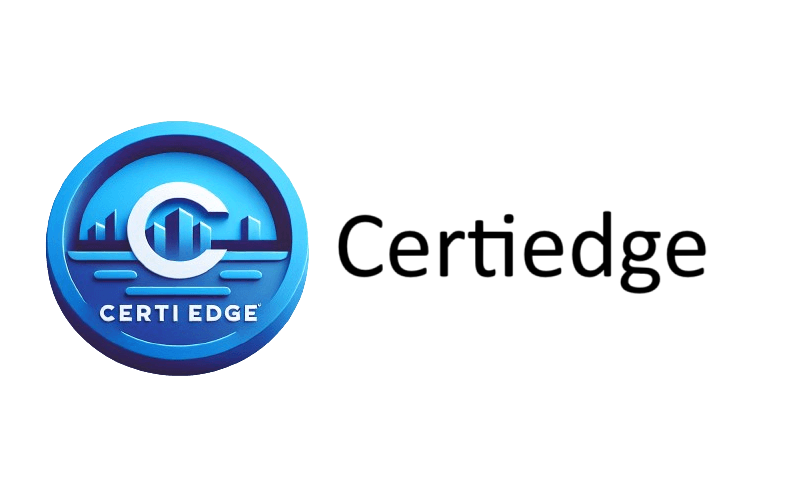Understanding Online Certifications in India
In recent years, online certifications have gained significant popularity in India. They offer a convenient and flexible way for individuals to enhance their skills and knowledge without the constraints of traditional classroom settings. However, several myths and misconceptions about online certifications persist, often deterring potential learners from taking advantage of these opportunities.

Myth 1: Online Certifications Are Not Respected by Employers
A common misconception is that online certifications hold little to no value in the eyes of employers. However, this is far from the truth. Many reputable organizations recognize the effort and dedication required to complete online courses, especially those offered by established institutions. In fact, in today’s digital age, employers are increasingly valuing self-motivated individuals who take initiative to learn and upskill independently.
It’s important to note that the credibility of an online certification largely depends on the institution offering it. Courses from well-known universities or industry leaders are often regarded as highly as traditional degrees.
Myth 2: Online Learning Is Easier Than Traditional Learning
Another prevalent myth is that online learning is a shortcut to gaining qualifications. This belief stems from the misconception that online courses are less rigorous than their offline counterparts. In reality, the level of difficulty in online learning can be quite comparable to traditional education.
Online courses require a significant amount of self-discipline and time management skills. Learners must be proactive in engaging with the material, participating in discussions, and completing assignments. The flexibility of online learning can actually demand more responsibility from students, as they must balance their studies with other personal and professional commitments.

Myth 3: Online Certificates Are Only for IT Professionals
While it’s true that many online certifications cater to IT professionals, there is a vast array of subjects available across various fields. From business management and marketing to healthcare and creative arts, online learning platforms offer courses that appeal to diverse interests and career paths.
This range of options allows individuals from different sectors to find relevant courses that can enhance their skills and improve their career prospects. Exploring these options can open up new opportunities for personal and professional growth.
Myth 4: Online Courses Lack Interaction and Networking Opportunities
Some believe that online courses do not provide the same level of interaction as traditional classroom settings. While it’s true that physical presence is absent, many online programs are designed to encourage interaction through discussion forums, group projects, and live webinars.

These platforms facilitate networking opportunities by connecting students with peers and instructors from around the globe. This global reach can be a significant advantage, allowing learners to gain diverse perspectives and insights that enrich their educational experience.
The Future of Online Certifications
As technology continues to advance, the landscape of education is rapidly changing. Online certifications are becoming an integral part of lifelong learning strategies for professionals across all industries. By debunking these myths, individuals can make informed decisions about their education and career development choices.
The flexibility, accessibility, and range of courses offered through online certification programs make them a valuable tool for anyone looking to stay competitive in today’s dynamic job market. Understanding the realities behind these myths can empower learners to take full advantage of the opportunities that online education provides.




